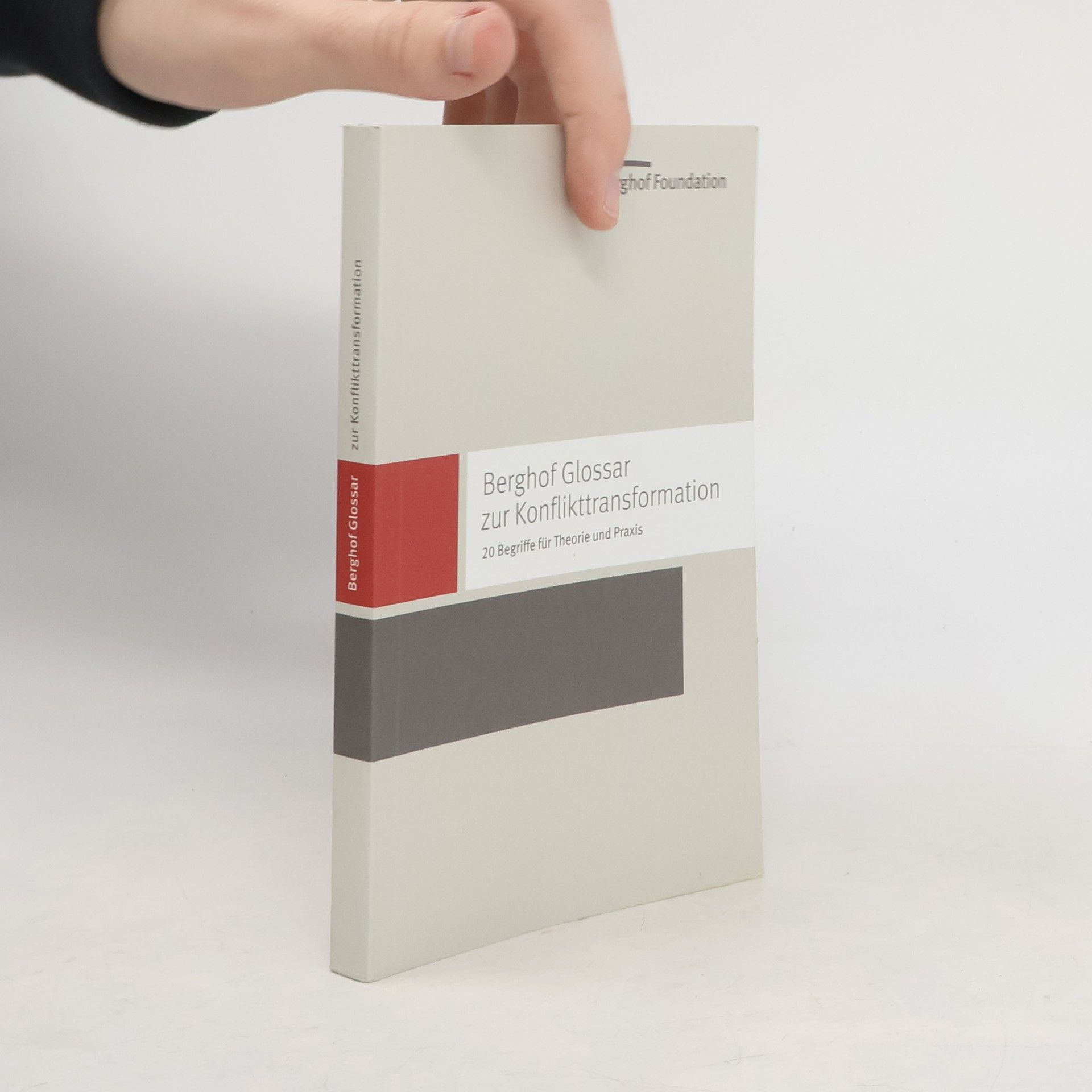Berghof Glossar zur Konflikttransformation
- 146 pages
- 6 hours of reading
Warum ein weiteres Glossar? Die Berghof Foundation hat es aus drei Gründen neu herausgebracht. Erstens glauben wir, dass das Konzept der Konflikttransformation noch relativ neu, umstritten und bei Weitem nicht klar definiert ist. Deshalb bleibt es unabdingbar, explizit auszusprechen, was wir meinen, wenn wir von Konflikttransformation sprechen. Zweitens glauben wir, dass Sprache und Terminologien nicht statisch festgelegt sind, sondern sich ständig bewegen und weiterentwickeln. Dementsprechend ist es nötig, Begriffe immer wieder neu aufzugreifen und miteinander darüber zu diskutieren, anstatt einmal Begriffenes einfach anzunehmen.
